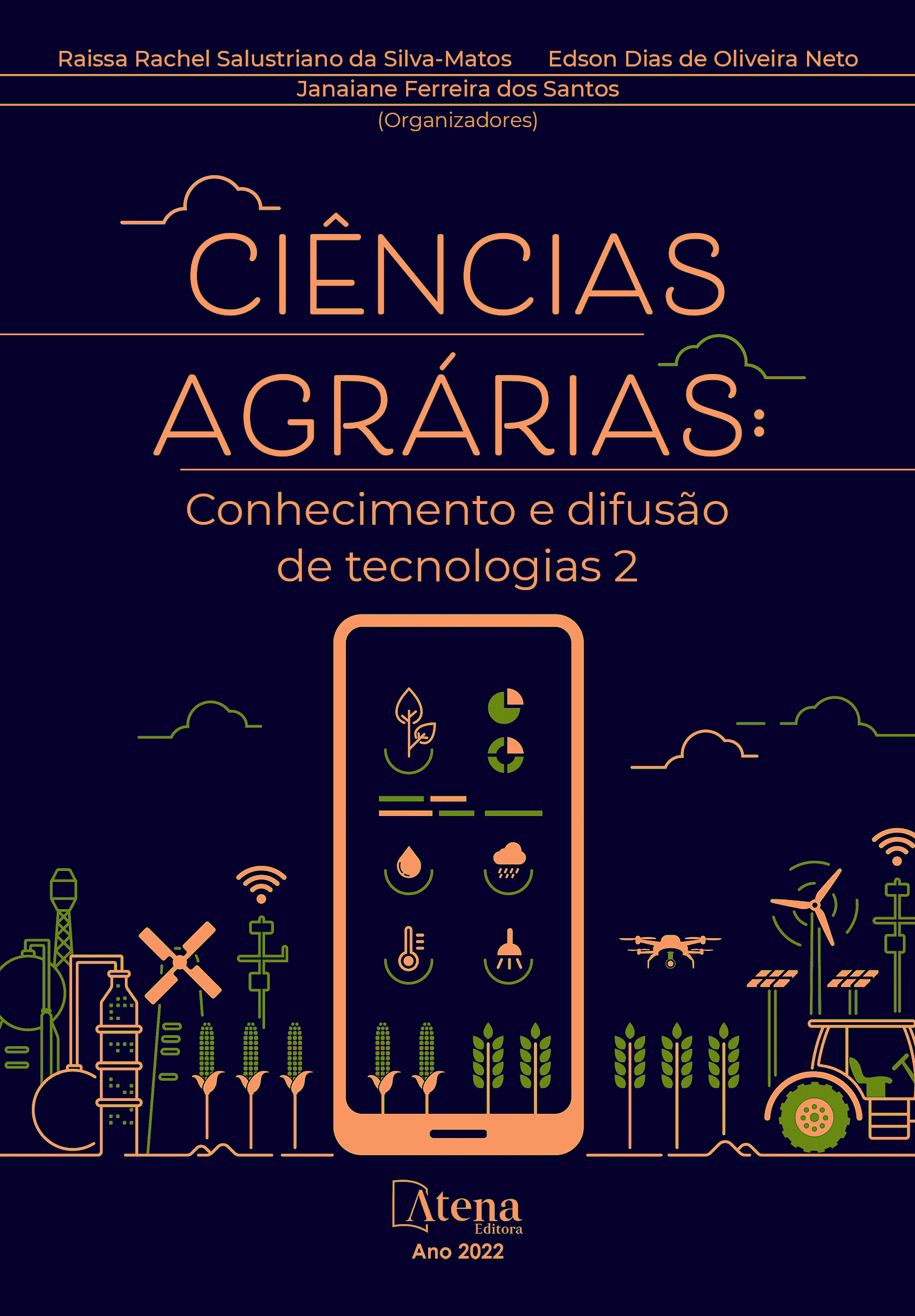
LOS HUERTOS PERIURBANOS FAVORECEN ESPACIOS DE RESISTENCIA, SAN FELIPE ECATEPEC, SAN CRISTBAL DE LAS CASAS, MÉXICO
La agricultura familiar se basa en conocimientos y técnicas desarrolladas por generaciones, para establecer sistemas de producción integrados con el propósito de alcanzar autoabasto y mantener su subsistencia. Para lograr soberanía alimentaria local, regional y global se requiere comprensión profunda de los agroecosistemas. Esta investigación se enfocó en conocer los efectos de las políticas neoliberales como la revolución verde, la expansión urbana debido al crecimiento poblacional y cómo influye la reducción de las áreas de producción en la agricultura periurbana y principalmente las formas de resistencia ante estas presiones del sistema dominante. El huerto familiar en San Felipe Ecatepec, Chiapas, México es un sistema, con subsistemas, funciones, composición y manejo. A través de la observación participante, encuestas, colecta, herborización e identificación de especies vegetales se conoció su diversidad, usos y su riqueza. Se encontró un alto número de especies, riqueza de alta a moderada, la superficie oscila entre 600 m² y 2500 m². El Cultivar junto a la casa permite tener alimentos sanos y frescos, crear un espacio útil, productivo y conservar la agrobiodiversidad. Es un agroecosistema donde cada familia y sitio o huerto, interactúan con otras familias y otros huertos, integrando saberes locales, y ofreciendo un espacio de convivencia familiar. Pueden considerarse espacios de resistencia sustentadas en el conocimiento tradicional, que contribuyen al control de sus recursos, a la soberanía alimentaria individual y colectiva.
LOS HUERTOS PERIURBANOS FAVORECEN ESPACIOS DE RESISTENCIA, SAN FELIPE ECATEPEC, SAN CRISTBAL DE LAS CASAS, MÉXICO
-
DOI: 10.22533/at.ed.08122180723
-
Palavras-chave: Agricultura urbana; soberanía alimentaria; agrodiversidad; Agroecología.
-
Keywords: Urban agriculture; food sovereignty; agrodiversity; Agroecology.
-
Abstract:
Family farming is based on knowledge and techniques developed by generations, to establish integrated production systems with the purpose of achieving self-sufficiency and maintaining their subsistence. Achieving local, regional and global food sovereignty requires a deep understanding of agroecosystems. This research focused on knowing the effects of neoliberal policies such as the green revolution, urban expansion due to population growth and how the reduction of agricultural areas influences peri-urban agriculture and determinate ways of resistance in front of these dominant system pressures. The family gardens in San Felipe Ecatepec, Chiapas, Mexico are systems, with subsystems, functions, composition and management. Through participant observation, surveys, collection, and herbalization we identified plant species, their diversity, uses and richness. We found a high number of species, richness from high to moderate, and the home gardens surfaces oscillating between 600 m² and 2500 m². Producing next to the house provides healthy and fresh food, creates a useful, productive space and conserve agrobiodiversity. It is an agroecosystem where each family and site or home garden interact with other families and other home gardens, integrating local knowledge, and offering a space for family coexistence. The home gardens can be considered spaces of resistance based on traditional knowledge, it also contributes to the control maintenance of their resources, and to individual and collective food sovereignty.
-
Número de páginas: 15
- Amparo Vázquez García
- Nilda Cecilia Elizondo


